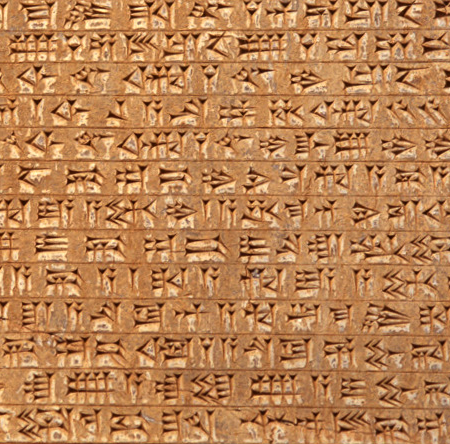February 07-2014

. . . Charter hollow
Ghasem Sholeh-Saadi, a former Majlis deputy freed from prison a year ago, says he expects little to emerge from President Rohani’s proposed Charter of Citizenship Rights because plenty of rights are already guaranteed in the Constitution but ignored by agencies the president has no say in running.
He said he anticipated better conduct by the Intelligence Ministry over which the president has some say and where he feels the new minister is intent on change.
But apart from that, he sees little prospect for improvement.
“The Intelligence Ministry may show more flexibility. But the Pasdaran do not report to the president. The police do not really report to the President either; they report to the commander of the Joint Forces [under Supreme Leader Ali Khamenehi]. We can be generally hopeful that organizations reporting to the president may show more flexibility, but not much more than that will be achieved.”
“As the Citizenship Rights Charter is based on Islamic Sharia principles, we cannot be that hopeful about it. In the past, whenever an article of the law related to human rights or citizenship rights has been discussed, almost immediately it has been augmented with the term ‘Islamic.’ Therefore, the laws have become devoid of the same meaning the rest of the world would understand, and they would have to be scrutinized based on Islamic Sharia. For example, corporal punishment is prohibited based on human rights and citizenship rights principles, but we have flogging and stoning in Islam,” said Sholeh-Saadi.
Sholeh-Saadi was a law professor at the University of Tehran, who was fired. He served two terms in the Majlis. He was arrested in 2002, but freed and not prosecuted. In April 2011, he was re-arrested and sentenced to one-and-a-half years in prison and a 10-year ban on his law practice and on teaching for the cirmes of “propaganda against the regime” and “insulting the Supreme Leader,” for an earlier critical letter to the Supreme Leader. He was released from prison in August 2012 on completing his sentence.
In an interview with the International Campaign for Human Rights in Iran (ICHRI), Sholeh-Saadi said the promises in the draft charter seem unrealistic. “It would be good if Mr. Rohani were successful in delivering one-tenth of the promises he has made to the people. Considering the government’s limited power and authority in the Islamic Republic, promises should be made at a realistic level. For, if the promises are outside of the government’s authority, naturally they will not be deliverable.”
He said, “Nothing in particular will happen after this charter is issued, but we can certainly expect some flexibility. For example, we can expect the Intelligence Ministry to ease up on fabricating cases. I happen to know the present Intelligence Minister [Mahmud Alavi-Tabar]. He is a rational man and the things he has said so far are somewhat compatible with human rights. Therefore we can be hopeful that they would show some flexibility.”























